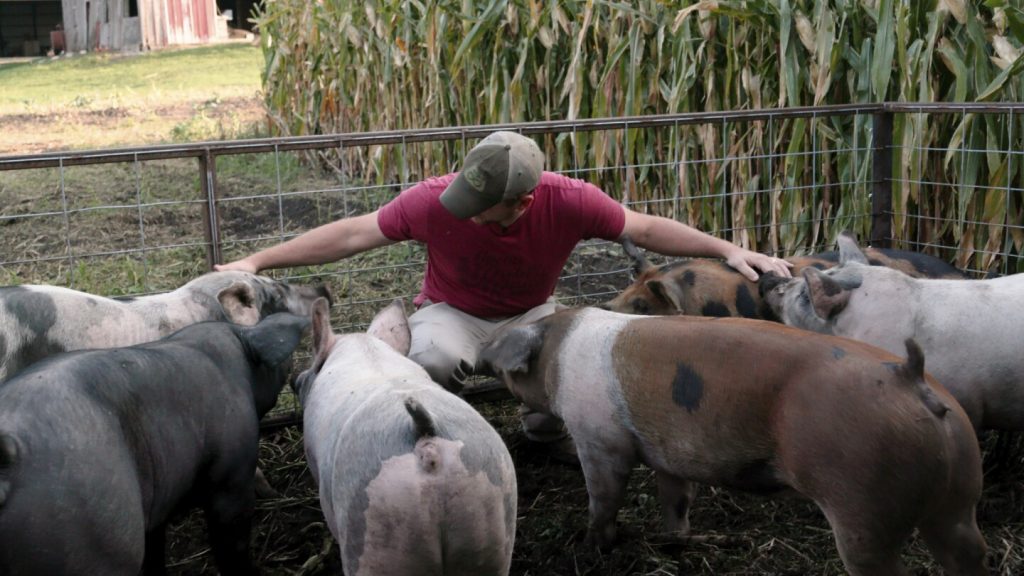The much-anticipated sequel to the influential documentary “Food, Inc.” has finally been released, 16 years later. The creators of the original film never planned for a follow-up, believing they had already covered all aspects of the broken and unsustainable food system in their first project. However, the events of the past few years, including the pandemic, have prompted them to revisit the topic in “Food, Inc. 2.” The filmmakers argue that while progress has been made in terms of consumer awareness and activism, many issues have worsened, and new challenges have arisen.
Directed by Robert Kenner and Melissa Robledo, the new film delves back into the disturbing realities of the food industry, showcasing both the inspiring and the troubling aspects. Despite the increased interest in organic and locally sourced food, the industry is still dominated by a few powerful corporations. The pandemic exposed the vulnerabilities of this system, with images of food wastage and shortages driving home the consequences of such centralized control. The film takes viewers on a journey across the country, featuring a diverse range of voices from farmers to scientists to shed light on the complex web of exploitation within the food system.
The documentary also highlights the consolidation of the food industry, with a small number of companies controlling significant portions of various markets. The prevalence of ultra-processed foods and their detrimental impact on health, particularly in relation to diabetes, is a key focus. The filmmakers explore potential solutions, from plant-based alternatives to innovative farming practices like kelp farming. The personal stories shared in the film, such as that of a Taco Bell worker struggling to make ends meet, add an emotional depth to the narrative, emphasizing the human cost of a monopolized food system.
Ultimately, the film ends with a call to action, urging viewers to join in the effort to transform the food system. The dangers of monopoly power and the threat it poses to freedom are reiterated, reminding audiences of the ongoing battle for a more sustainable, equitable food system. While the sequel maintains the impactful style of the original film, with vivid imagery and expert commentary, it also updates the conversation to reflect the current challenges and opportunities facing the food industry. The release of “Food, Inc. 2” comes at a crucial time, as the world grapples with the complexities of food production, distribution, and consumption in an ever-changing landscape.


